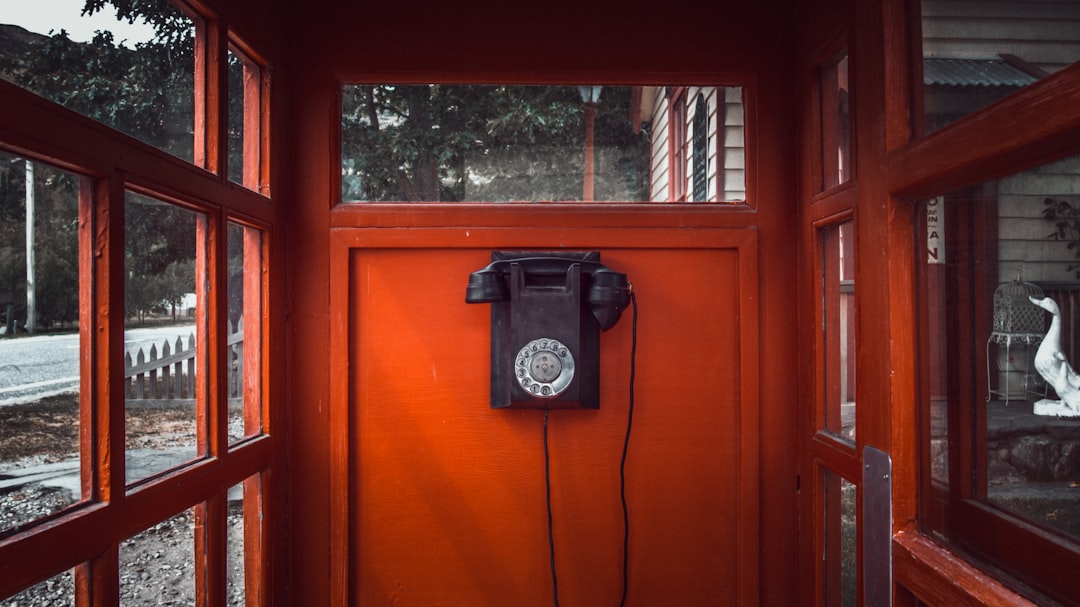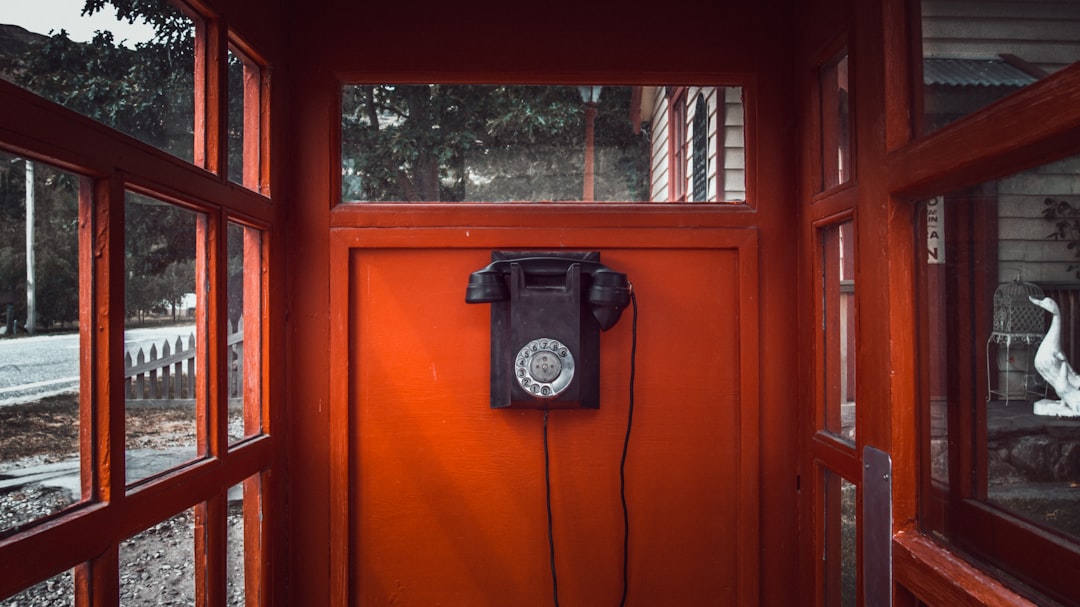In Pennsylvania, individuals affected by nuisance or harassing robocalls have legal options. The Telephone Consumer Protection Act (TCPA) protects against automated marketing calls, allowing for potential damages of up to $500 per violation. Consulting a skilled Can I Sue For Robocalls Lawyer PA or robocall law firm PA specializing in consumer protection is recommended. These professionals guide clients through filing complaints with authorities and taking legal action against perpetrators, aiming for statutory penalties. Reputable firms offer free consultations, transparent fees, and expert representation in navigating complex robocall-related issues.
Tired of relentless robocalls? You’re not alone. In Pennsylvania, understanding your rights and legal options is crucial. This comprehensive guide explores the state’s robust robocall laws and the statutory penalties available to victims. Learn how to identify and stop unwanted calls, and discover if you can sue for robocall nuisance with the help of a specialized lawyer or law firm in PA. Take control and explore your avenues for justice.
- Understanding Robocall Laws in Pennsylvania: A Comprehensive Guide
- Your Rights Against Robocalls: What You Need to Know
- How to Identify and Stop Unwanted Robocalls
- The Legal Framework for Robocall Litigation in PA: Statutory Penalties
- Choosing the Right Lawyer: Tips for Hiring a Robocall Attorney in Pennsylvania
- The Process of Suing for Robocall Nuisance: Step-by-Step Breakdown
- Success Stories: Real-Life Cases of Robocall Litigation and Penalties
Understanding Robocall Laws in Pennsylvania: A Comprehensive Guide
In Pennsylvania, understanding and navigating robocall laws is crucial to recovering statutory penalties for nuisance calls. The Telephone Consumer Protection Act (TCPA) provides significant protections against automated or prerecorded telephone calls, often referred to as robocalls, made for marketing purposes. If you’re wondering can I sue for robocalls in PA, the answer is yes. A skilled robocall lawyer PA can help you assert your rights and seek compensation for any harm caused by unwanted calls.
Pennsylvania law allows individuals to take legal action against companies that violate TCPA regulations. If you’ve received disturbing or harassing robocalls, consulting with a reputable robocall attorney PA or law firm PA specializing in consumer protection is recommended. They can guide you through the process of filing a complaint and help determine if you’re eligible for statutory damages, which can include up to $500 per violation. Don’t hesitate to reach out to a legal professional if you need assistance; there are many robocall lawyers PA ready to support you in recovering what’s due.
Your Rights Against Robocalls: What You Need to Know
How to Identify and Stop Unwanted Robocalls
Unwanted robocalls are a widespread nuisance, but there are ways to identify and stop them. The first step is recognizing the telltale signs. Robocalls often display blocked or unknown numbers on your caller ID. They may also use automated voice responses when you answer, playing pre-recorded messages that promote products, services, or even political campaigns. Some robocalls can be immediately identified by repetitive or identical calls from different numbers within a short period.
If you’re experiencing a high volume of these unwanted calls, it’s time to take action. A Can I Sue For Robocalls lawyer PA can help you understand your rights and options. Robocall attorneys PA can guide you through the process of filing a complaint with the Federal Trade Commission (FTC) or other relevant authorities. They can also represent you if you decide to take legal action against the perpetrators, potentially seeking statutory penalties for each violation under Pennsylvania law. Reputable robocall law firms PA specialize in these cases and have the expertise to help you recover what’s rightfully yours.
The Legal Framework for Robocall Litigation in PA: Statutory Penalties
In Pennsylvania, the legal framework for addressing nuisance robocalls is established through various consumer protection laws and statutes. One key aspect is the Telephone Consumer Protection Act (TCPA), a federal law that imposes strict regulations on automated telephone marketing and robocalling practices. The TCPA allows consumers to seek statutory damages and penalties when their privacy or peace are invaded by unwanted calls, including robocalls.
If you’ve received nuisance robocalls in Pennsylvania, you may be entitled to take legal action. A skilled robocall lawyer PA can guide you through the process of filing a lawsuit against the offending party. By engaging a reputable law firm for robocalls PA, you gain access to attorneys who specialize in TCPA litigation and can help you recover statutory penalties, which often include damages per violation. Don’t hesitate to reach out to a legal professional if you believe your rights have been infringed upon by automated telemarketing calls.
Choosing the Right Lawyer: Tips for Hiring a Robocall Attorney in Pennsylvania
Choosing the right legal representation is a crucial step in dealing with robocall nuisances and recovering statutory penalties in Pennsylvania. When seeking a lawyer for robocalls in PA, consider an attorney or law firm specializing in telecommunications law or consumer protection. These experts will have in-depth knowledge of state regulations and the Telephone Consumer Protection Act (TCPA), which governs unwanted automated calls. Look for attorneys with experience handling similar cases, as this indicates their proficiency in navigating complex legal matters related to robocalls.
When hiring a Can I Sue For Robocalls lawyer PA or a Can I Sue For Robocalls attorney PA, ensure they offer a free consultation and have transparent fee structures. Reputable robocall law firms PA will be committed to helping clients without imposing excessive costs. They should also maintain open communication, keeping you informed every step of the way. Remember that a good lawyer for robocall PA will fight for your rights and ensure you receive the compensation you deserve under the law.
The Process of Suing for Robocall Nuisance: Step-by-Step Breakdown
If you’ve been plagued by unwanted robocalls, you may be wondering if legal action is an option. The good news is, in Pennsylvania, you absolutely can take action and recover statutory penalties for robocall nuisance. Here’s a step-by-step breakdown of the process:
1. Gather Evidence: Document every instance of unwanted calls, including call logs, recordings (if possible), and any text messages or emails related to the robocalls. This evidence is crucial when presenting your case.
2. Identify the Robocall Source: Determine who is behind the calls. Look for patterns in caller ID information and check if the number has been reported as a robocaller by others. Some tools and apps can help identify spam callers.
3. Consult with a Lawyer: Speak with a qualified robocall lawyer or attorney in Pennsylvania to discuss your legal options. A law firm specializing in consumer protection law can provide expert guidance tailored to PA state laws, which offer significant penalties for violators.
4. File a Complaint: With the help of your attorney, file a complaint with the appropriate regulatory bodies and/or file a lawsuit against the robocaller. In Pennsylvania, this could involve reaching out to the Pennsylvania Attorney General’s Office or filing in court.
5. Present Your Case: Provide your evidence and testimony during legal proceedings. Your lawyer will argue that the robocalls constitute a nuisance and violate Pennsylvania law, seeking statutory penalties for each violation.






